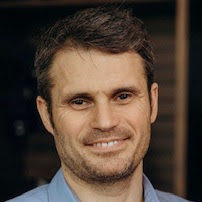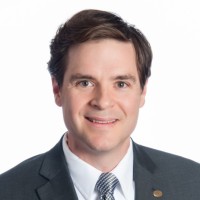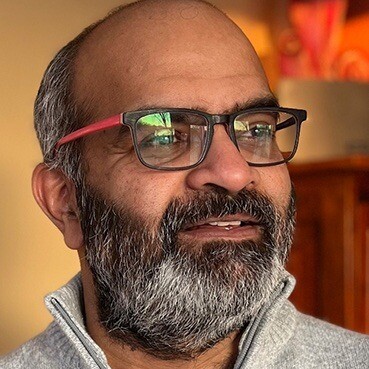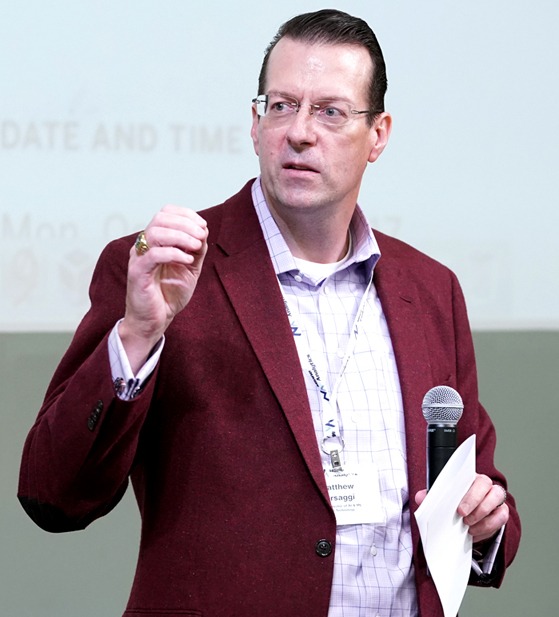A Big Week for Computer Science Education in the U.S. (and Minnesota)
By – Jeff Tollefson, CEO, Minnesota Technology Association
As Minnesotans, we often fall victim to what is called the Lake Wobegon Effect, the human tendency to overestimate one’s achievements and capabilities in relation to others.
Given how we like to think our public education system in Minnesota is amongst the best in the country, would it surprise you to discover that Minnesota ranks last, 50th out of 50 states, in the percentage of high schools offering computer science classes? According to a 2021 report by Code.org, it’s true, with just 24% of Minnesota high schools offering foundational CS coursework compared to a national average of 51%.
When students don’t have access to computer science education in high school, they are less likely to pursue postsecondary pathways that could lead to high-paying and fulfilling careers in the information technology field. And with the demand for computational thinkers far outstripping available supply and a public education system that is not prioritizing nor properly funding CS education, we need our government, education, and business leaders to step forward and drive change (see our recent blog post on this topic).
After a disappointing 2022 legislative session where a bill simply establishing a task force to create a plan for expanding CS education across Minnesota didn’t pass, events of the past week put a lot of wind in the sails of the CS education movement across the country.
First, the CEOs for Computer Science initiative launched by Code.org last week quickly garnered the support of more than 600 CEOs across the country, including those of Accenture, Apple, AT&T, Delta, IBM, General Motors, Goldman Sachs, Microsoft, Salesforce, and Wells Fargo, among others. You can see the impressive initial list of CEOs here which includes Beth Ford (Land O’Lakes) and Brian Cornell (Target) from Minnesota. If the CEO of your company hasn’t yet signed on, please encourage them to do so through this link.
This corporate support played a significant role in the second major breakthrough of last week at the National Governor’s Association summer meeting in Portland, Maine. In a solid showing of bipartisan support, all 50 governors signed the Compact to Expand Computer Science Education, a significant achievement given that outgoing NGA chair, Gov. Asa Hutchinson of Arkansas, was only able to get 16 governors to sign the compact in the months leading up to last week’s meeting.
Notable was the signature of our own Governor Walz, and we look forward to working with the Governor, the MN Department of Education, and other state leaders to develop a plan resulting in expanded, equitable access to high-quality computer science education in Minnesota schools.
Congratulations and gratitude to CSforAll MN for helping drive this outcome and for your partnership as we work to inspire and develop our next generation of technology professionals. While the impact of last week’s events won’t be immediately felt, it’s a huge step in the right direction as we look to move Minnesota up from the bottom of national rankings to at least an “above average” standing of which we can be more rightfully proud. Let’s make it happen!

























